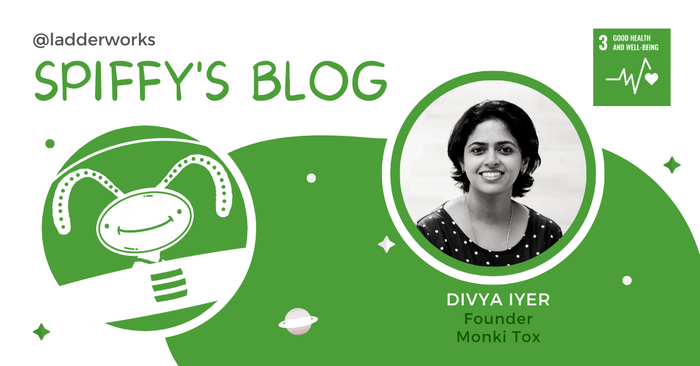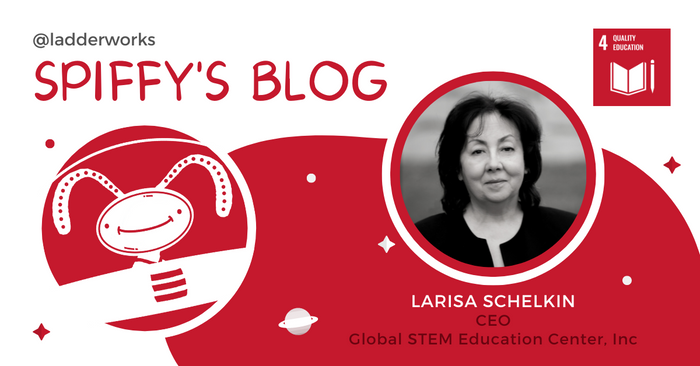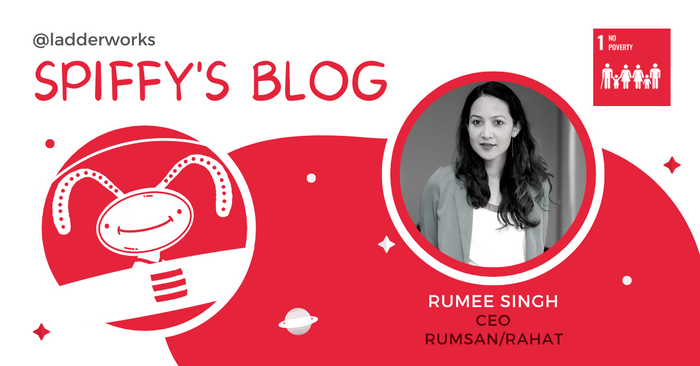Divya Iyer: Spreading Indian Culture and Moral Values Through Stories



Larisa: It’s great to be here, Spiffy! As a partner of the Global Learning and Observations to benefit the Environment Program (GLOBE) of the United States (US) National Aeronautics and Space Administration (NASA), the Global STEM Education Center addresses key challenges—enhancing access to quality science, technology, engineering, and math (STEM) education, fostering global environmental awareness, and promoting hands-on learning and equipping students with skills in research, technology, and environmental stewardship. Collaborating with the United Nations Institute for Training and Research (UNITAR), the United Nations General Assembly Science Summit, and the United Nations Environment Programme (UNEP), we support environmental science diplomacy through education, furthering our mission to prepare young learners for global challenges and opportunities in STEM fields.
